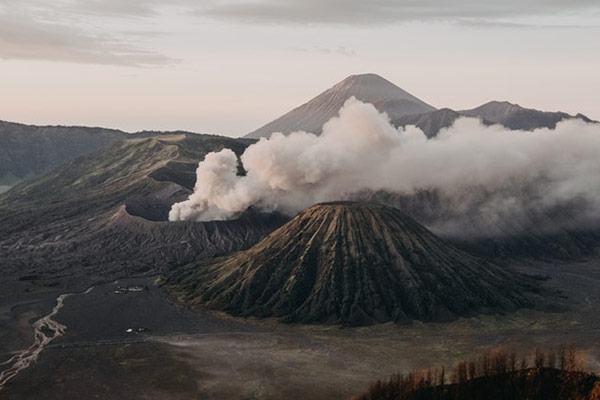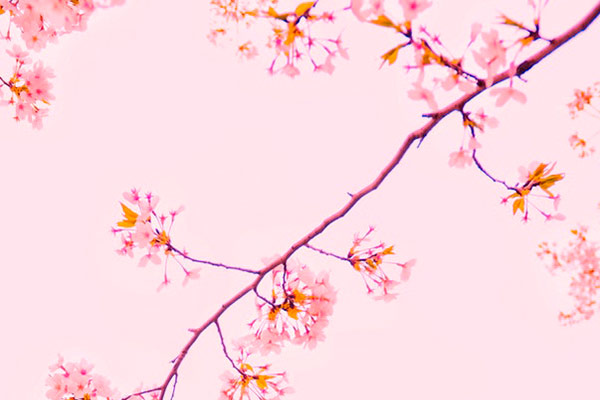In short, there are three cycles of life:
The first cycle – It starts before a life is formed. At this point, no sentient being of the six realms, no life exists at all. It is like the moment the Big Bang occurred, neither matter nor the concept of time and space existed. This period of absolute emptiness is the nature of our mind, also the Buddha nature, Tathāgatagarbha or the state of luminous clarity.
Then after the Big Bang, the fundamental particles were formed, and the agglomeration of these particles into electrons, atoms and molecules eventually formed the universe. Likewise, from Tathāgatagarbha and luminous clarity comes energy of life which subsequently forms life itself. More detailed descriptions of this process have been elucidated in the Vajrayana texts.
~ Depicted from "THE HANDBOOK FOR LIFE"S JOURNEY : On Death And Rebirth-Understanding Death











